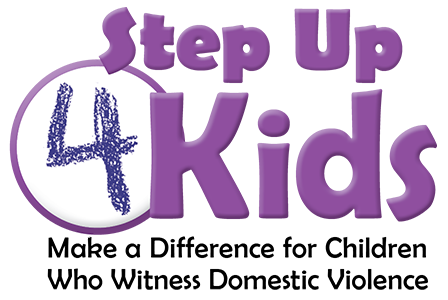 SAFETY ALERT – If you are in danger, call or text 911.
SAFETY ALERT – If you are in danger, call or text 911.

As a coach, you can help first by noticing when a child on your team has a change in behavior or their performance falls. This is often one of the first signs a child might be dealing with tough things at home.
 Encourage and build a child up, especially if their parent or caregiver is critical of the way they play.
Encourage and build a child up, especially if their parent or caregiver is critical of the way they play.
- Use statements such as:
- “You did your best.”
- “We don’t all do well every time.”
- “It’s OK not to be perfect.”
- “I know you are determined.”
- Use statements such as:
- Take a quiet minute after a game to remind a child you care about them and they are more important than their performance on a field or in the gym. Children often think their worth as a person is tied to their athletic performance, which is not true. A coach plays an important role in telling a child how valuable they are.
- Help a child see failure as a chance to learn something new. This reminds the child it is important to take risks and learn in sports and in life. It is critical for an athlete to grow in their mindset as well as their skills.
 Tell a child what you like about them as a person, not just as an athlete.
Tell a child what you like about them as a person, not just as an athlete.- Ask the child which adults in their lives helps them practice and if they like practicing with them. It’s important to ask this question with warmth and interest so it can build trust and open conversations between a student athlete and coach.
- Ask the child about their interests outside of sports. Support them in having other interests so there are other activities they enjoy doing. Knowing what a child’s interests are outside of the sport help you know the child better. A coach might also be able to know when there is a problem faster if the child shares that they have stopped doing other things they like.
- Give the parent or caregiver who is a survivor of abuse the number for the 24-Hour Domestic and Sexual Violence Hotline 703-360-7273.
- You, as a coach or concerned adult, can also call this Hotline for ideas about how to support a child on your team.
- Check in with the child regularly and ask how things are going at home and how they are doing.
- Remind the child the abuse is not their fault and not their job to fix.
- Let the child know you are available to talk or listen about anything, not just the violence or what is happening in their home.
Remember, a child’s participation in a sport or extra-curricular activity helps them build resiliency. They learn to work together, solve problems without violence, and to support others and be supported. These experiences will help them be successful as they grow. Do what you can to help a child join your team if there are roadblocks to their participation. This might be finding ways to help a family pay for participation and registration fees or have a ride to practices or games.
The hotline can provide:
- Emotional support during a crisis.
- Short-term plans for safety.
- Suggestions for family, friends or professionals who want to help a survivor.
- A connection to other services such as:
- The Domestic Violence Action Center (DVAC) gives information, referrals, and support with a plan to help keep a victim safe. DVAC can help a victim with the court process and assist with protective orders. DVAC also offers help with housing and economic needs.
- Domestic and Sexual Violence Counseling Services offers 8-10 free counseling sessions for survivors of domestic or sexual violence. Services are also available for teens and children who have experienced domestic violence or who are survivors of sexual abuse.
- ADAPT is an 18-week certified domestic abuse intervention program that teaches learning compassion for self and others. There is a fee for services.
(return to Step Up 4 Kids)

